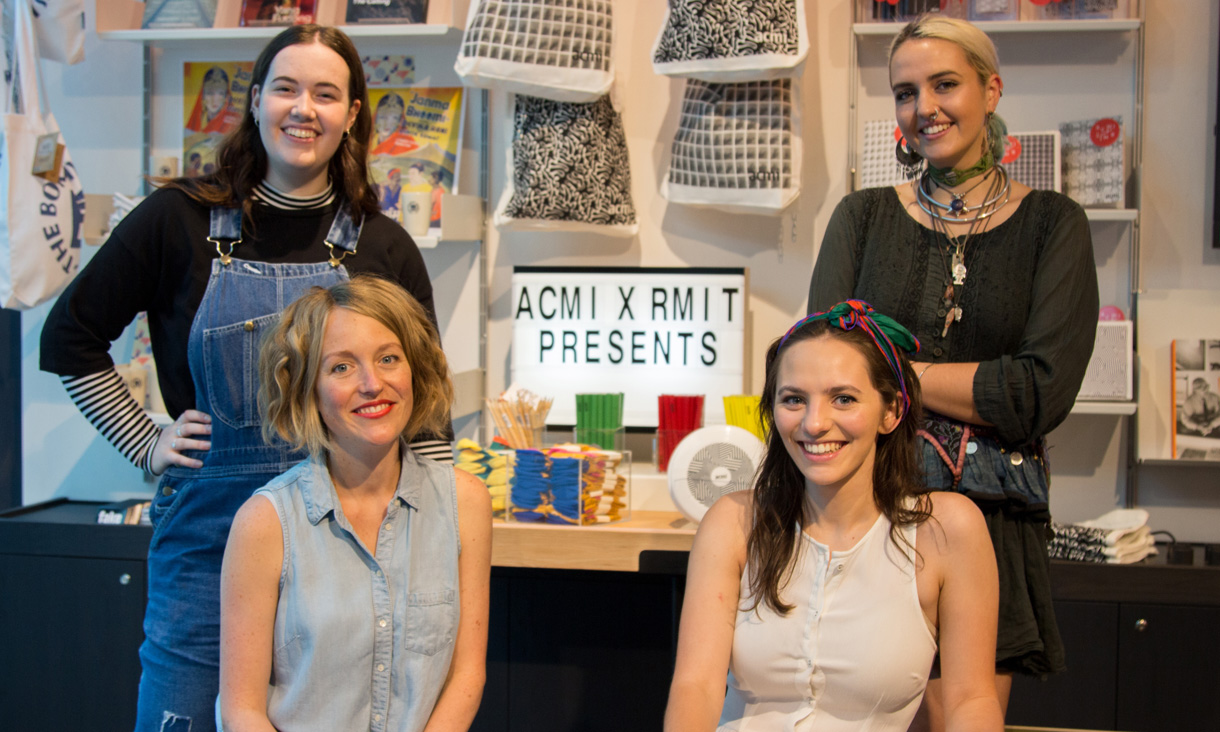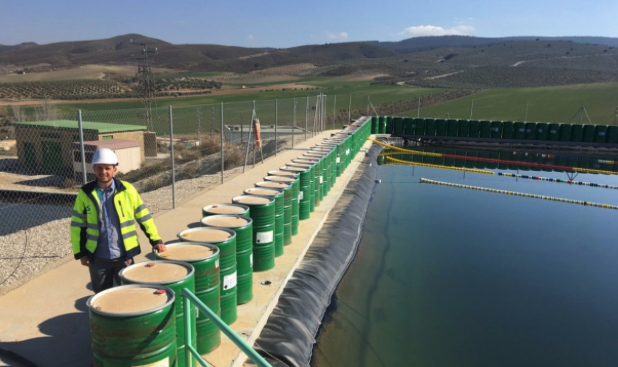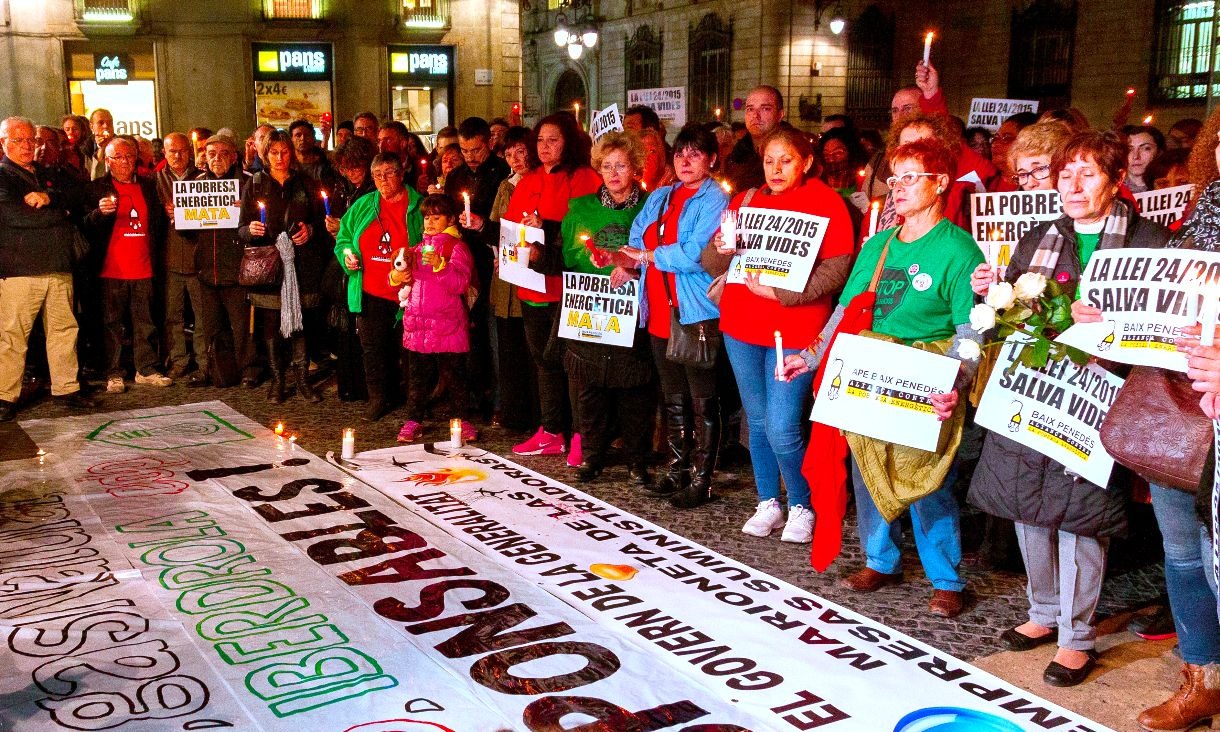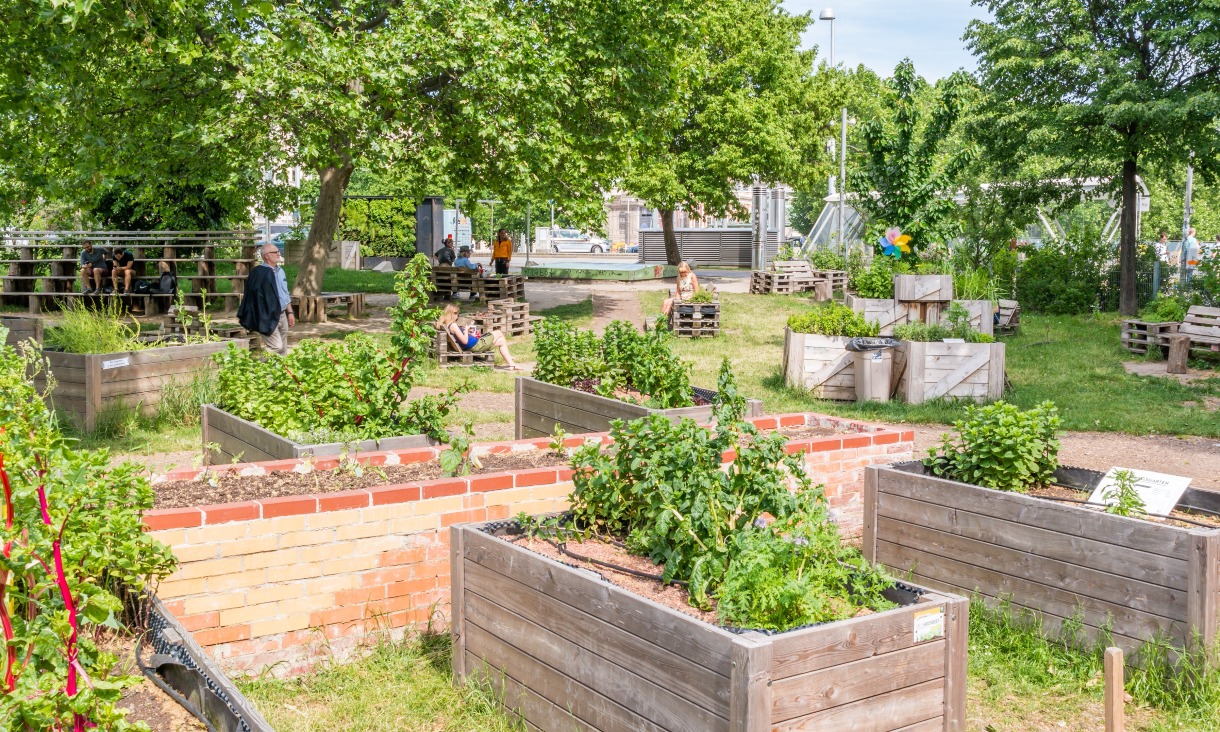The study examined the money habits of participants in ANZ’s matched-savings program, Saver Plus.
The first program of its kind in Australia, Saver Plus was developed by ANZ and the Brotherhood of St Laurence to encourage saving for educational expenses.
It is now the largest and longest running matched savings program in the world, with more than 36,000 participants since 2003, the majority being women.
The new study found that even up to seven years after completing Saver Plus, 87 per cent of participants were still saving the same amount or more, demonstrating the long-lasting effect of such schemes.
Of those participants, 73 per cent said they were now better able to provide for their families, highlighting the broader impact of the change.
"Since going through the program it has given me an absolute freedom which I didn’t think I was going to have for years to come.” Stacey
The research was led by Professor Roslyn Russell, from RMIT’s School of Economics, Finance and Marketing, who said the findings demonstrate that for people to move out of poverty they need assets as well as income.
“Such programs aim to encourage participants to develop a regular saving habit, build financial capabilities and save for an asset – be it a home, enterprise, education or savings,” she said.
Saver Plus was initially based on international models that showed building savings could help people overcome disadvantage.
To date, participants have saved more than $A19 million, with ANZ matching these savings up to $500 per person.
Parents David and Shani said all their family’s income goes to daughter Harriet’s education and learning how to budget properly has enabled them to buy her a new uniform for the first time in five years.
“With the Saver Plus program you put aside $50 a month and after ten months you have $500 saved and the ANZ match that $500.”
The report, Saver Plus: Pathways to Wellbeing, shows the financial wellbeing score of participants increased to an average of 64 out of 100 following the program, in excess of the national average score of just 59.
Russell said extensive research on matched savings programs since the 1990s has found other important outcomes include increasing participant self-confidence, future outlook, capabilities and overall wellbeing.
“It’s taught me that we can set goals for things that we thought we couldn’t do or couldn’t have. We can have those things. And without the program we probably wouldn’t have those things.” Program participant and mother of three, Jamie.
RMIT is also currently working with ANZ to deliver work integrated learning (WIL) programs, providing business students with the opportunity to respond to real briefs and present their findings to key stakeholders.
Story: Grace Taylor





